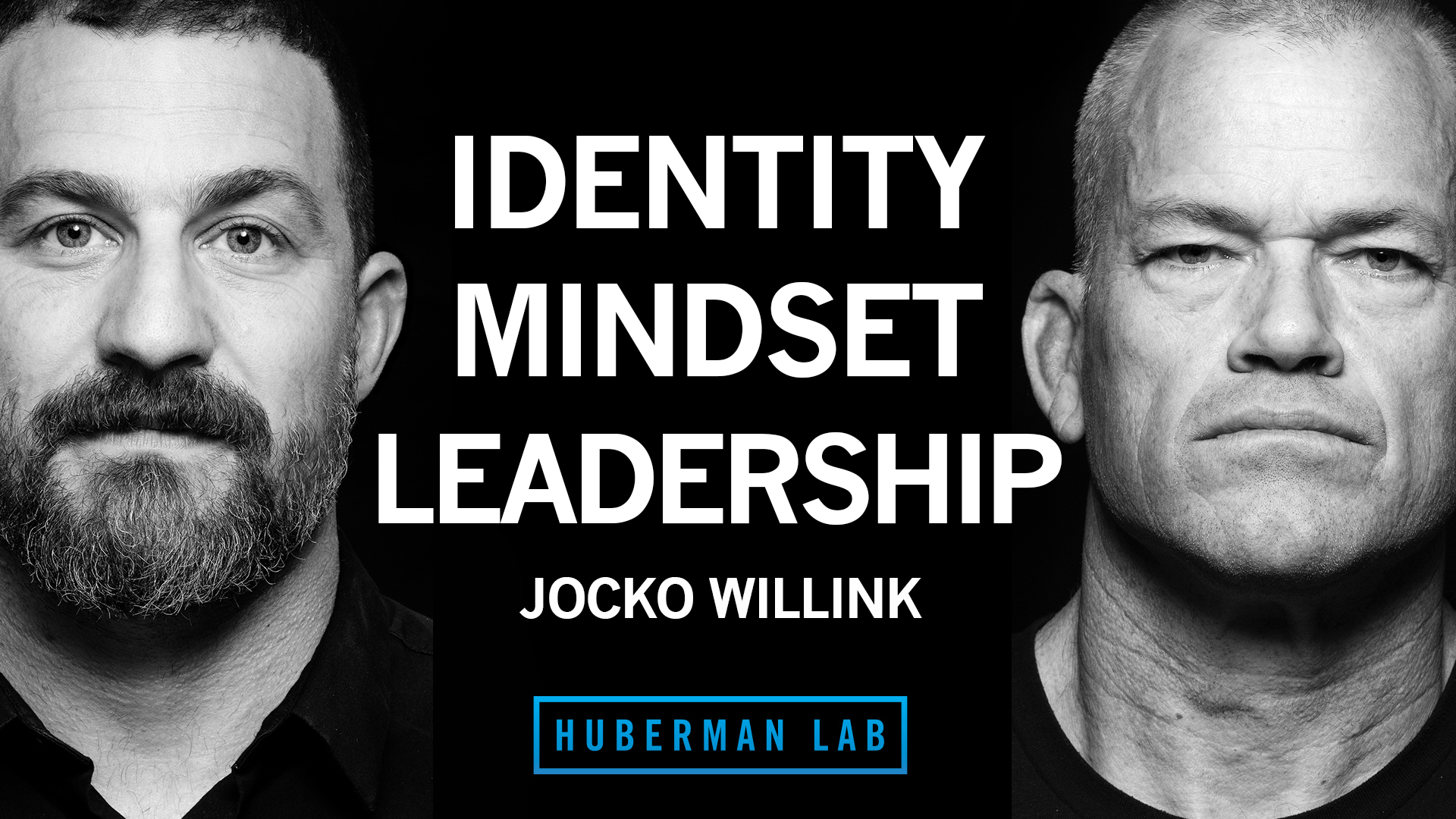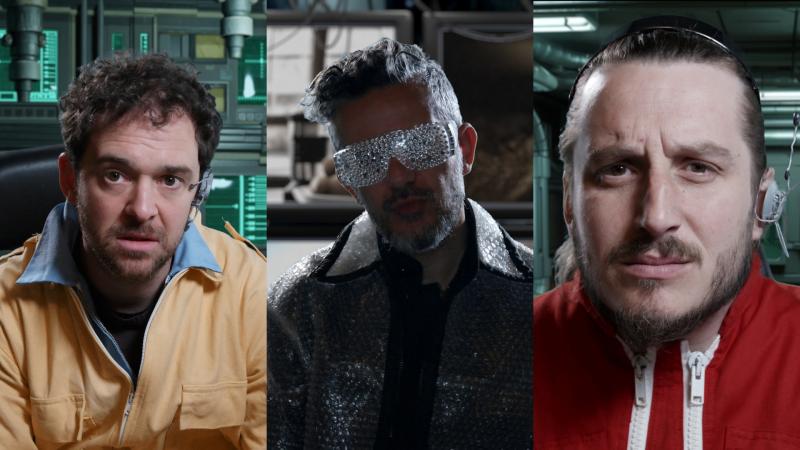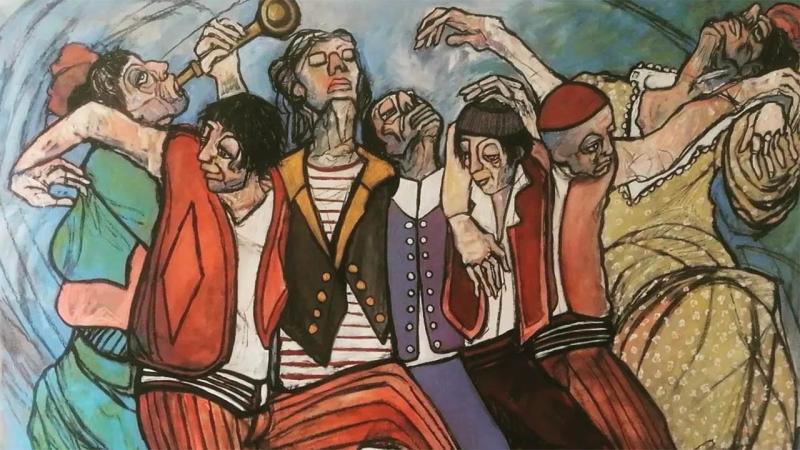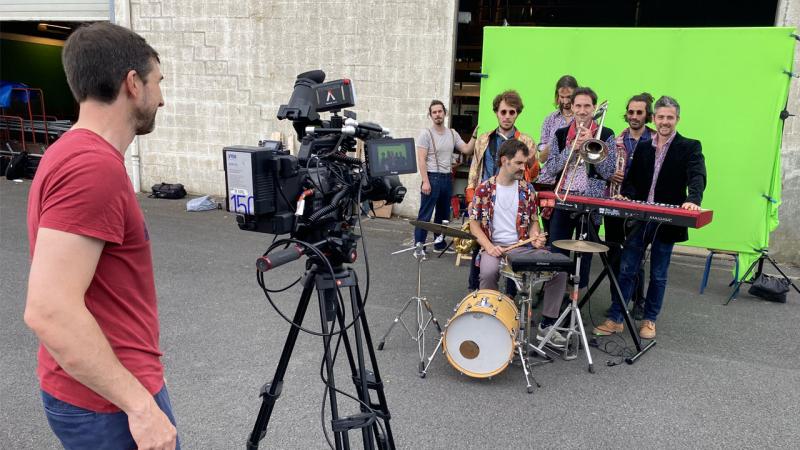(Disclaimer: I listened to the podcast in english, wrote this post in french, then relied heavily on Google Translate to translate it back into english. So the original terms might have been lost in translation, sorry about that.)
Huberman is an American neuroscientist whose podcast has become extremely famous in the United States. He shares tips on well-being and productivity based on his knowledge of the brain. I listen to it from time to time, usually while driving.
Today he had a conversation with Jocko Willink (pretty much unknown in France): a former Navy Seals officer turned author and consultant. They talked about motivation, discipline, how to reach your potential, go beyond your limits, etc. A very interesting podcast. Here are some of the main ideas I took away from it:
Don't rely on motivation. Jocko Willink, who gets up every morning at 4AM to exercise (sometimes for five to six hours if you count Brazilian jiu jitsu) explains that motivation is a poor basis for action. He says (I'm summarizing and paraphrasing here):
Motivation comes and goes. Happiness comes and goes. If you rely on this to act, you won’t do anything.
He continues (still paraphrasing): “In the morning, I don't think a bunch. I don't weigh the pros and cons. I do what I have to do. Discipline is what matters.“
Words expected from a military officer, you might say.
But on many levels, this reminded me of what Rob Burbea (not a military man) says about impermanence in Seing That Frees, which I'm reading now. If you pay attention to your sensations moment to moment, he says, you realize that they are constantly changing, regardless of your circumstances. Yo go from joy to sadness, from confidence to anguish, without anyone – neither oneself, nor others, nor the situation – being necessarily responsible for it. It's the nature of things. (Although it's always easier to blame the outside world.)
Jocko Willink takes the example of walking in full gear through the desert. The first 20 minutes - regardless of training, habit, fitness - are always tough. You’re going to have a bad time. But passed a certain threshold, it becomes mechanical and you can keep walking for hours. Hence the importance of not relying solely on immediate perception for motivation.
Energy is the source of action. But not caloric energy, says Huberman. He speaks about mental energy which is related to the balance of different hormones and neurotransmitters in the system. This balance depends more on activity – sleep, exercise, rhythm, etc. – than on what we eat (calories). This implies the following paradox:
Exercise creates energy.
The idea that exercise « burns » the energy we accumulate through food is misleading. It is true at the caloric level, but fatigue, inattention and difficulty concentrating are rarely due to a lack of caloric energy. ("Have at least one good meal every 24 hours and you'll be fine," says Huberman). They are due to a lack of mental energy which, on the contrary, can benefit from fasting, intense exercise, regular sleep and rest schedules, etc.
I was so convinced by their arguments that when I got home, I dug out my bike from the cellar, pumped up the tires, and went for a ride. Then buried it back in the pile.







